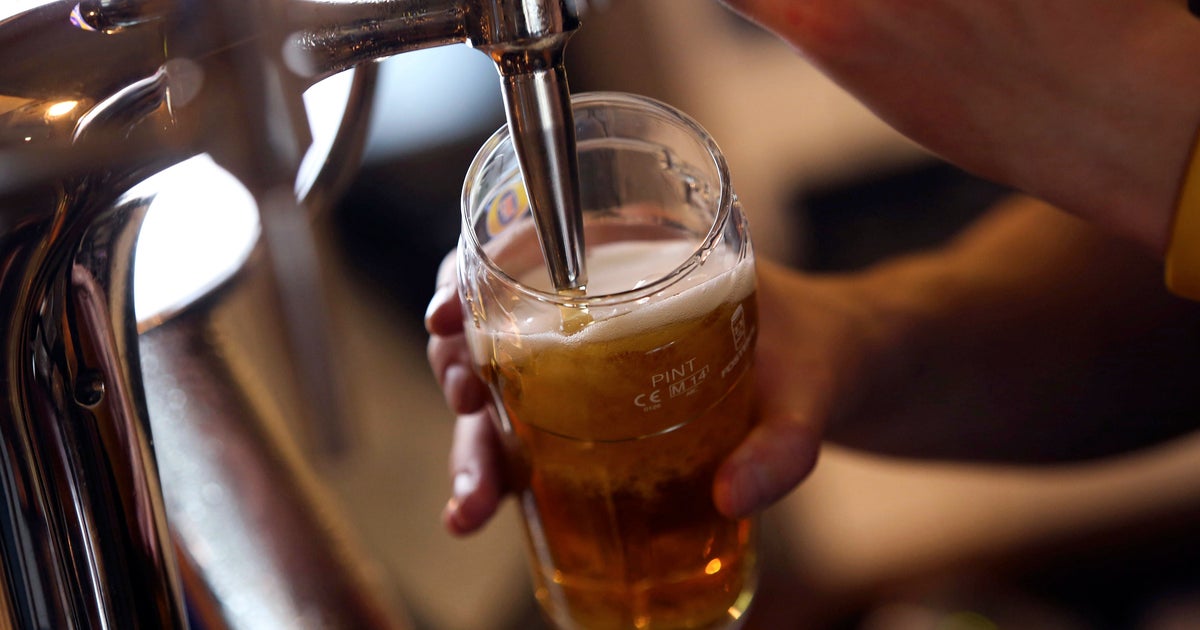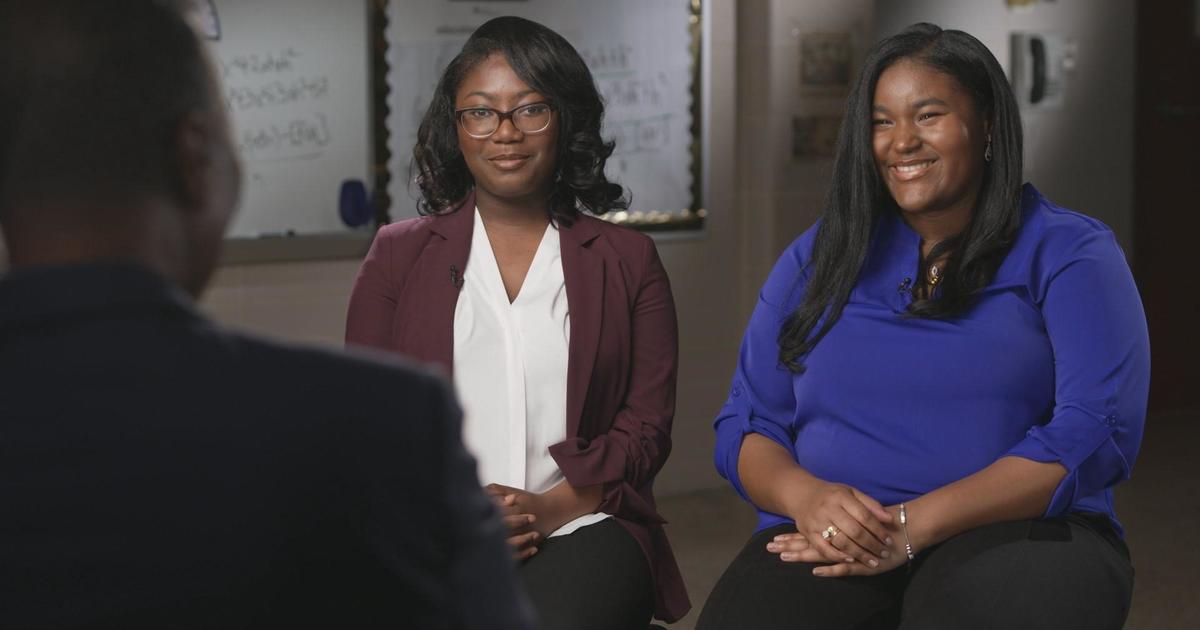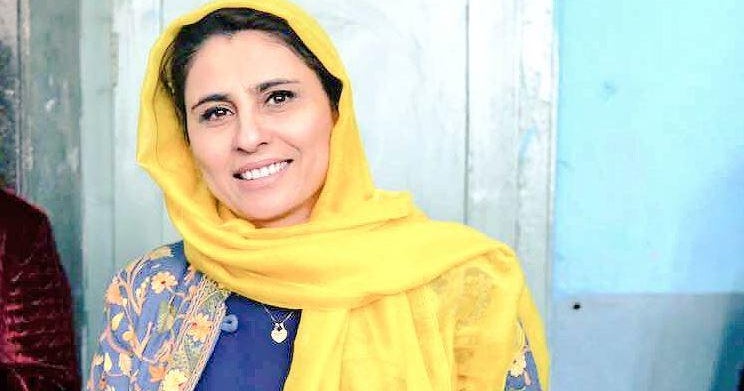University of Cambridge to investigate slave trade links and "reparative justice"
London -- Britain's University of Cambridge announced an inquiry Tuesday into its historic links to the slave trade and how it might engage in "reparative justice." The two-year inquiry will look into how academic work done at the prestigious university during the colonial era may have supported race-based thinking, as well as how the university may have benefited financially from slavery and the exploitation of labor.
"We just felt that Cambridge ought to… step up to the plate and try to play an active role in this in a constructive way," Professor Martin Millet, chair of the inquiry's advisory group, told CBS News.
Millet said Cambridge's faculty had been inspired by recent work done by the University of Glasgow in Scotland, which last year published an in-depth report on the wealth it generated -- an estimated $260 million in today's currency -- from the slave trade in the Caribbean and Africa during the 18th and 19th centuries. Based on the findings of that report, the University of Glasgow launched a "reparative justice" program, which includes investing in a center for the study of slavery, according to Britain's Guardian newspaper.
"It's something that I think is very important, and I feel quite strongly that it's an area where we need to do it well and we need to do it in an academic way," Millet told CBS News. He said that what "reparative justice" might look like, exactly, would be explored during the inquiry, but that it might include examining memorials around the university to see if they have ties to slavery and changing them, as well as potentially setting up scholarships for students in nations that were affected by the slave trade.
A press release announcing the inquiry said it, "comes amid a wider reflection taking place in the United States and Britain on the links between universities and slavery." Princeton has conducted research into its links to slavery, and Georgetown and Yale have renamed buildings.
Millet, however, stressed the differences between the British and American contexts.
"You (the United States) were the recipients of a slave population. The interrelationship between enslaved people and your own society is rather different from ours, so I'm sure there are things we can learn. I'm sure there are things that we can see make sense in a North American context that perhaps don't make sense here, but we are open minded and we want to explore things," he told CBS News.
"Only the beginning"
"It is fair to assume that Cambridge, like many institutions in this country, will find that they have benefited in some way from The Transatlantic Trade in enslaved Africans," Britain's Black Cultural Archives, a heritage center dedicated to the histories of African and Caribbean people in the United Kingdom, said in a statement welcoming the investigation.
"Acknowledging the experiences and contributions of thousands of Black people is only the beginning. What is critical is how Cambridge will ultimately use its findings in order to make meaningful reparations. We would encourage Cambridge to significantly involve organisations who are specialists in the field of reparations on how best to proceed," the statement continued.
Millet conceded that as "an aging white male" he likely doesn't have the same "insight" into the impact of Britain's past on its current residents that people of Afro-Caribbean descent would, "but as an academic, I can see that their lives as a group of people over a long period of time have been adversely affected by this history, and I think we need to recognize that and help explore it."
"You can't change history, but you can, as we move forward, think of ways that are reparative to help those communities," Millet said.



